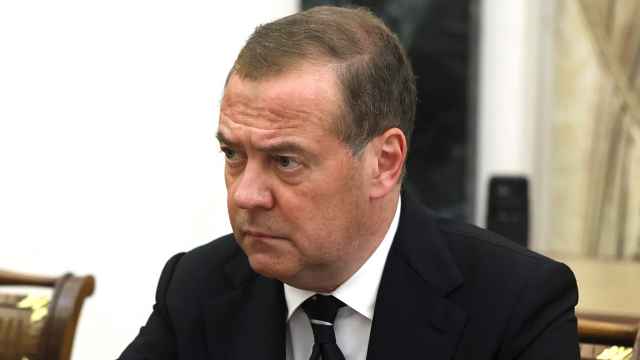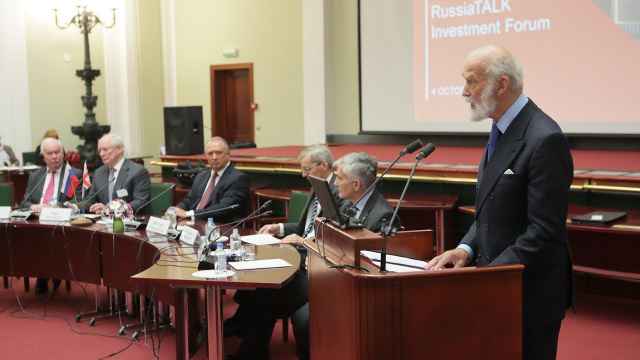A Russian court northeast of Moscow has fined a local language center for referencing the British Council, a U.K.-backed cultural organization banned earlier this year, independent media reported Wednesday.
The Leninsky District Court in the city of Yaroslavl told the Mediazona news website that it had fined the Linguist language center 60,000 rubles ($735) for “participating in the activities of an undesirable organization.”
The Russian Prosecutor General’s Office declared the British Council an “undesirable organization” in June, accusing it of promoting “LGBT propaganda” and advancing “long-term British interests in education, culture and youth policy.”
The law enforcement agency claimed the British Council sought to “rid post-Soviet nations of Russian identity.”
Linguist reportedly left an old article on its website that included a hyperlink to the British Council, which helps run the IELTS English-language exam.
“We deleted everything promptly, but the trial will take place nonetheless,” the school’s management told Mediazona last Wednesday.
Moscow has labeled dozens of Western-backed organizations “undesirable,” a designation that outlaws their work in Russia and makes anybody who cooperates with them vulnerable to years-long jail sentences.
The British Council, a state-funded body which promotes British culture overseas, had worked in Moscow continuously since 1959.
The group was forced to close its regional branches in the mid-2000s after the poisoning of ex-FSB officer Alexander Litvinenko in London, and it fully withdrew from Russia in 2018 following the Sergei Skripal poisoning case in Salisbury.
Under President Vladimir Putin, Russia has for years cracked down on independent civil society, outlawing groups and prosecuting dissenters in a campaign that has been escalating since the start of the full-scale invasion of Ukraine.
A Message from The Moscow Times:
Dear readers,
We are facing unprecedented challenges. Russia's Prosecutor General's Office has designated The Moscow Times as an "undesirable" organization, criminalizing our work and putting our staff at risk of prosecution. This follows our earlier unjust labeling as a "foreign agent."
These actions are direct attempts to silence independent journalism in Russia. The authorities claim our work "discredits the decisions of the Russian leadership." We see things differently: we strive to provide accurate, unbiased reporting on Russia.
We, the journalists of The Moscow Times, refuse to be silenced. But to continue our work, we need your help.
Your support, no matter how small, makes a world of difference. If you can, please support us monthly starting from just $2. It's quick to set up, and every contribution makes a significant impact.
By supporting The Moscow Times, you're defending open, independent journalism in the face of repression. Thank you for standing with us.
Remind me later.






